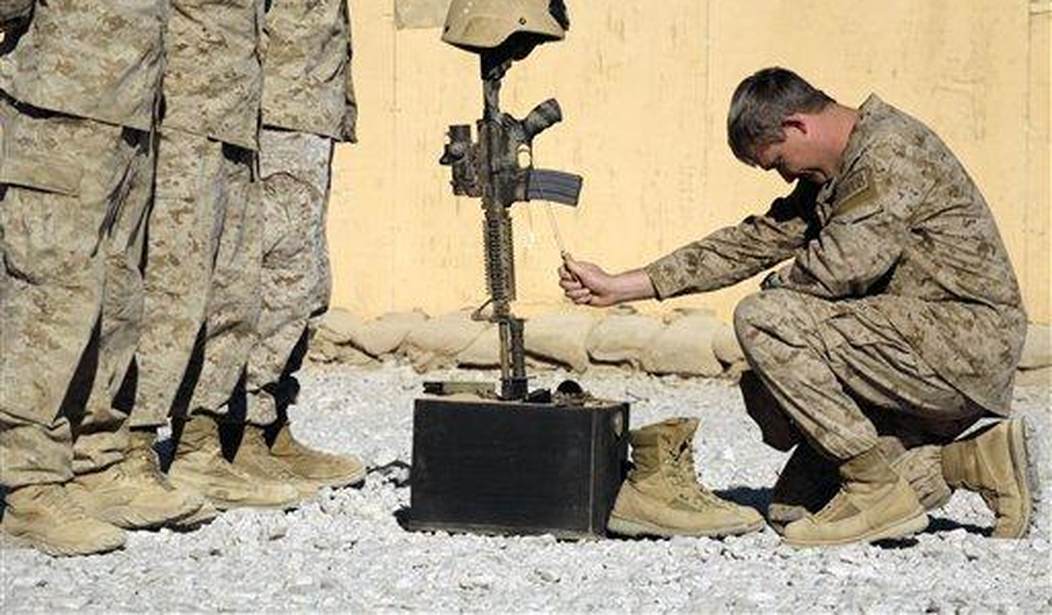With the U.S. military pulling back and pulling out in Afghanistan, it’s left to a few dozen civilian diplomats to try to implement Joe Biden’s policies in the midst of a pandemic and armed conflict between the Taliban and less radical factions.
Biden has pledged not to abandon Afghanistan despite increasing signs that the U.S. has very little say in the matter. And without a military contingent backing them up and protecting them, diplomats are exposed and vulnerable.
“In the absence of a military complement in Kabul, the task of the U.S. Embassy is made infinitely more complex, dangerous and difficult,” Hugo Llorens, who served as the top U.S. diplomat in Afghanistan under presidents Barack Obama and Donald Trump, told The Washington Post.
Biden sees the primary mission of the United States in Afghanistan to broker some kind of deal between the Taliban and remaining government forces that will safeguard what’s left of the peace deal and, above all, protect the hard won gains of women who are threatened with a return to the stone age by Taliban victories.
Biden this month defended his decision, saying Afghans must now defend their nation. He also vowed that the United States would not abandon Afghanistan, making the diplomatic and aid mission — in particular, U.S. support for local security forces and the plight of women and girls — a central test of the president’s strategy.
“The complexity of the operations in Afghanistan are orders of magnitude greater than virtually anywhere else,” said a former senior official with knowledge of the mission in Afghanistan, where insecurity, the country’s landlocked position in central Asia, its geography, intense poverty, and tribal and ethnic division all contribute to the cost and difficulty of the newly solitary civilian mission. Like others interviewed for this report, this person spoke on the condition of anonymity to discuss ongoing policymaking.
Why not pull the diplomats out now instead of waiting for them to be expelled — or worse, taken hostage? France, China, and several other countries have already evacuated their people. But Biden is counting on the bunker-like nature of the U.S. embassy in Kabul to protect the 1,400 remaining U.S. personnel.
Today, diplomats and aid workers operate out of the hulking embassy complex in Kabul, located at the edge of a fortified diplomatic and government zone. The embassy is a city unto itself, with offices, apartments, dining and workout facilities where some 1,400 Americans, part of a total workforce of 4,000, are confined for months a time.
The military departure means reduced mobility for officials overseeing an assistance portfolio that made Afghanistan the largest recipient of U.S. aid in 2019, according to Concern Worldwide, increasing the difficulty of ensuring taxpayer dollars are spent as intended. USAID expects to spend up to $500 million on Afghanistan assistance in 2021.
One wonders why we even bother with aid for a failed state.
According to the Special Inspector General for Afghanistan Reconstruction, an independent oversight entity established by Congress, at least $19 billion of the $134 billion American taxpayers spent on security, development and humanitarian aid since 2002 was lost due to waste, fraud and abuse — and potentially much more.
Nothing Joe Biden can do will justify the massive expenditure in blood and treasure that the United States willingly undertook in Afghanistan. This singular truth will define Biden’s legacy on Afghanistan and leave a bitter taste in the mouths of his countrymen.










Join the conversation as a VIP Member